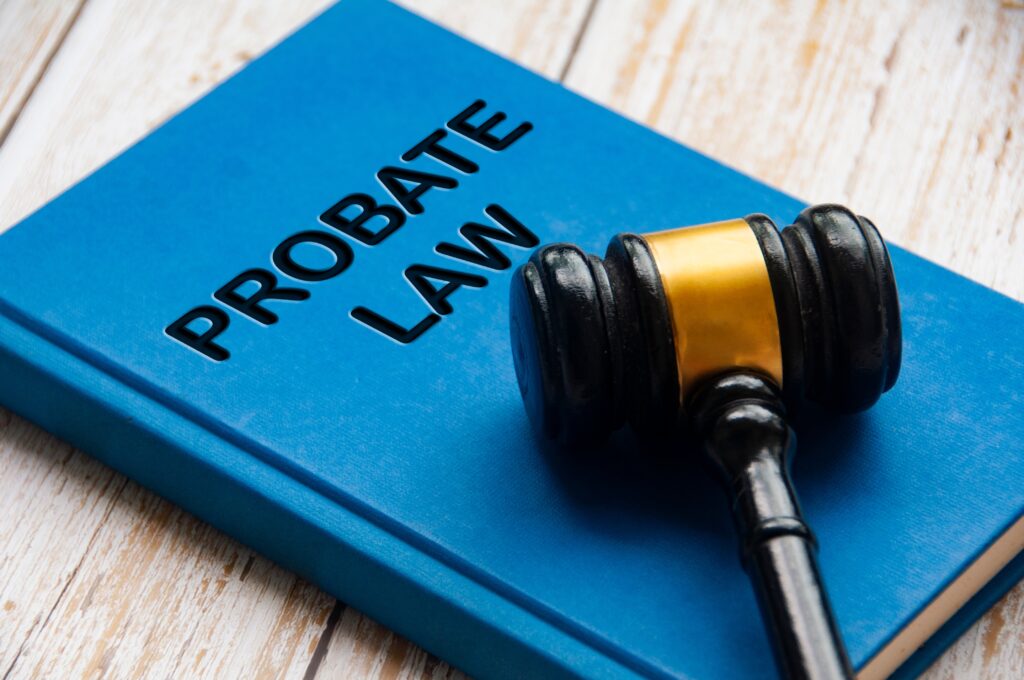



Estate planning is crucial to securing the future and protecting the assets of your loved ones. In recent times, the proliferation of “do-it-yourself” (DIY) will kits and online services have offered seemingly convenient and cost-effective ways to create a will. However, while these DIY options appear accessible, they often harbor significant risks and limitations that […]





